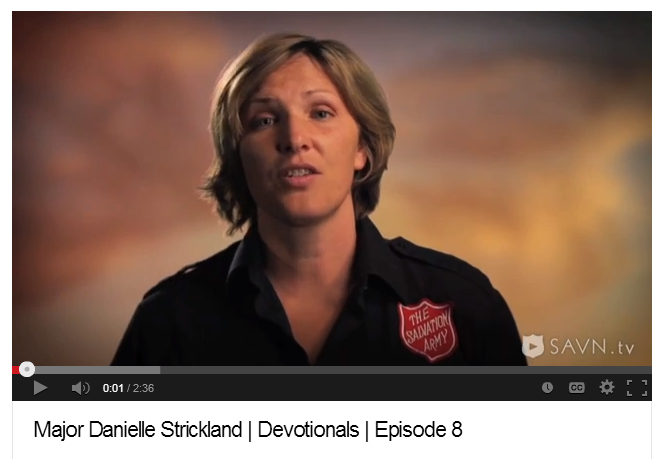I am so happy that a fresh boldness and obedience to the Holy Spirit seems to be in the air. Fear of judgement can often keep us from sharing our sin or the sins committed against us. Sexual abuse is one of those sins that seem the scariest to confront. Talking about it brings light to the reality that it actually happened and that nothing will be the same again. Relationships, even friendships will always be approached cautiously. But for the victim, it has to be processed, what happened. Here we learn from Mary DeMuth, a Christian writer and speaker with the common theme of how to live an “uncaged life” what not to say to a sexual abuse victim. Mary has responded to the Holy Spirit calling to talk about the abuse that was committed against her. As a friend or family member we want so badly for our loved one to heal – that sometimes we say the wrong, insensitive thing. Read this list, and remember sometimes the best thing to do is to just listen and cry with them.

As a sexual abuse survivor, I’ve heard my share of insensitive comments. I’ve also talked to enough victims to be able to gather some of the most damaging words here—all for the sake of those who truly, truly want to be loving, sensitive and helpful.
My intention in writing these is not to shame those who want to help, or make them walk on eggshells. Instead it’s to help friends and family members of victims best love and understand the sexual abuse recovery journey.
One. That was so long ago, why can’t you just get over it?
In this case, I simply ask, “How long did it take you to ‘get over’ the death of a loved one?” Sexual abuse involves grief—the loss of innocence, the shame of sexual violation, the removing of living life free. I’m not sure we ever “get over it.” We grow. We heal. We process. But there will always be that grief.
Two. Are you sure it happened?
Telling is the hardest thing to do for a sexual abuse victim. While there are people who make up stories, err on the side of belief. Believe me, none of us wish we had this terrible story to tell. And yes, we’re sure it happened.
Three. If you talk about it so much, you’ll never heal.
Processing is important. There will be times when a victim spends a lot of time talking. This is part of the process. It won’t always be so. Offer your understanding. Listen. Ask questions. Making snap judgments about someone’s healing journey and how long it “should” take only makes them want to quit.
Four. You know that song, “What doesn’t kill you makes you stronger.”
Or it makes you weaker, jumpy, more fearful, less trusting.
Five. I could never go through what you went through.
What this communicates is that, in a way, you’re glad it didn’t happen to you. Which is completely natural to feel. But it also makes us feel like we’re marked somehow, and we’re left with the very real truth that it did happen to us.
Six. That perpetrator must live with such awful regret.
Maybe. Maybe not. Sociopaths and psychopaths don’t process regret or shame like others. They tend to blame society, their upbringing, and even the victim for their violations. A sexual predator is redeemable, but their pathway to health is long and excruciating. One article that truly helped me understand how many predators process “getting caught” wasa recent one by Boz Tchividjian.
Seven. That’s how men act. It’s normal.
This is one of the most demeaning things anyone can say about a man. Men aren’t enslaved to sexual desire unless they choose to be. Men can act nobly, honoring the women in their lives. They will not die without sexual release.
To read 8 – 21 click here to the original post.
*Photo by Colonel Dawn Heatwole
type in your search and press enter



